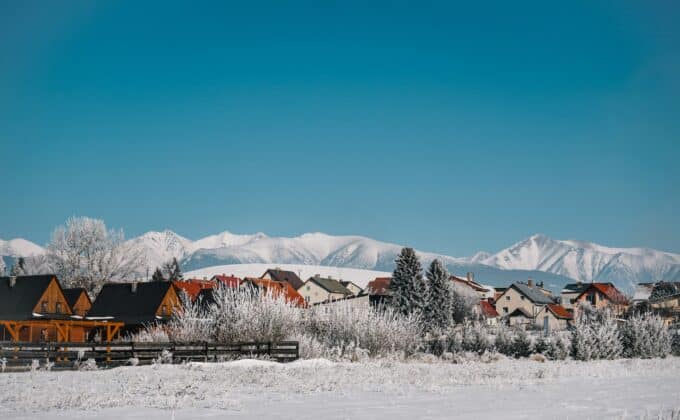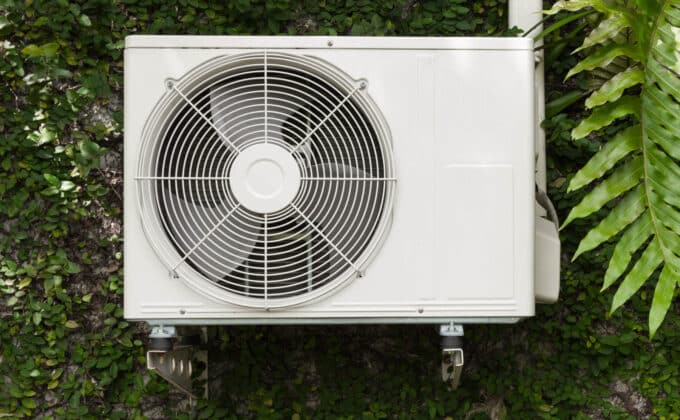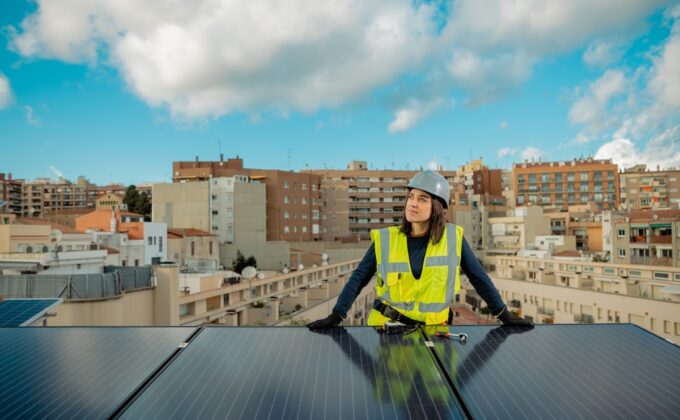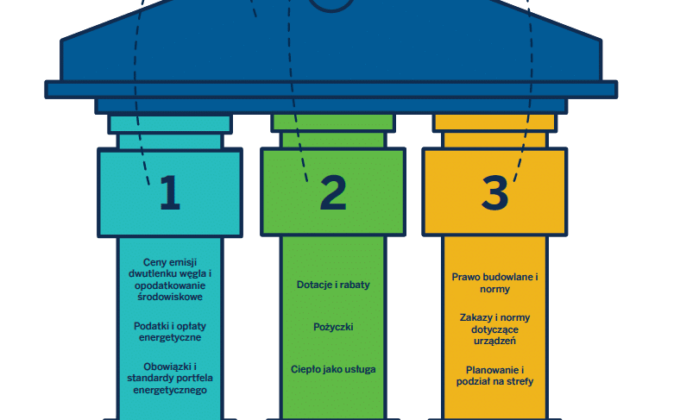Filter >>
Content Filter:
Policymakers across the globe are searching for solutions to reduce the use of fossil fuels and their associated climate impacts. Attention has focused on the heating sector, which relies heavily on fossil fuels and was responsible for almost 40% of… View Summary +

Slovakia’s climate plans call for decarbonising buildings, shifting to clean technologies and reducing energy consumption. Fossil fuels currently provide 45% of heat and hot water in buildings, with biofuels and district heating — also fossil-fuel based — making significant additional… View Summary +

Comme dans de nombreux autres pays européens, les bâtiments français dépendent encore fortement des combustibles fossiles pour le chauffage et le rafraîchissement des locaux et la production d’eau chaude sanitaire. Cette situation est préoccupante si l’on considère que ces utilisations… View Summary +

As in many other European countries, France’s buildings still rely heavily on fossil fuels for space heating and hot water production. This is troublesome considering these uses account for more than one-third of the country’s final energy consumption. The move… View Summary +

About this Report: Heat pumps, a critical technology for clean energy systems, are poised to become the most important technology for heating decarbonisation. Currently, the vast majority of heat is provided by fossil fuels. In order to promote and encourage… View Summary +

On 28 June, a committee made up of members of European Parliament finally signed off on a new EU Renewable Energy Directive (RED III), the landmark law that aims to speed up the deployment of renewable energy across the EU. View Summary +

Pompy ciepła to jedna z kluczowych technologii na drodze transformacji energetycznej, już niedługo stanie się najważniejszą technologią dla dekarbonizacji ogrzewnictwa. Obecnie zdecydowana większość ciepła do gospodarstw domowych jest dostarczana przez paliwa kopalne. W celu promowania i zachęcania do instalowania pomp… View Summary +

Heat pumps are widely seen as the most important technology when it comes to decarbonising heating. Organisations including the International Energy Agency and McKinsey see heat pumps providing most of our heating… View Summary +

The cost of heating leaves many European households feeling burnt. Three-quarters of our heat is still supplied by expensive fossil fuels, and heating homes is Europe’s biggest gas user, which creates a twin dilemma: How do we clean up heat,… View Summary +

Europe is heavily reliant on fossil fuels in the heating sector. The EU has set itself a goal of deploying 30 million additional heat pumps by 2030. To advance the transition away from fossil fuels in the heating sector,… View Summary +
